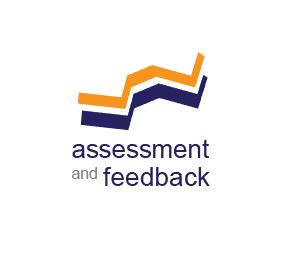Concluding our Show & TEL presentations for November, openTEL is pleased to announce a special guest lecture. Join us online via Zoom (hosted externally) on Tuesday 17th November 2020 15:00 – 16:00. JOIN HERE
RoboTutor: Toward Learning at Scale in Developing Countries
Musings from a $1M Finalist in the Global Learning XPRIZE
Jack Mostow, Carnegie Mellon University
Advances in education technology are enabling tremendous advances in learning at scale. However, they typically assume resources taken for granted in developed countries, including reliable electricity, high-bandwidth Internet access, fast WiFi, powerful computers, sophisticated sensors, and expert technical support to keep it all working. This talk examines these assumptions in the context of a massive test of learning at scale in a developing country. We examine each assumption, how it was broken, and some workarounds used in a 15-month-long independent controlled evaluation of pre- to posttest learning and social-emotional gains by over 2,000 children in 168 villages in Tanzania. We analyze those gains to characterize who gained how much, using test score data, social-emotional measures, and detailed logs from RoboTutor. We quantify the relative impact of pretest scores, literate aspirations, treatment, and usage on learning gains.
 Jack Mostow is Emeritus Research Professor of Robotics, Machine Learning, Language Technologies, and Human-Computer Interaction at Carnegie Mellon University. He received his A.B. cum laude in Applied Mathematics from Harvard University and his PhD in Computer Science from Carnegie Mellon University. In 2010 he was elected President of the International Artificial Intelligence in Education Society. He has published, collaborated, reviewed, supervised students, or given invited talks in artificial intelligence, children’s reading, computational linguistics, computer science, educational data mining, human-computer interaction, intelligent tutors, learner modelling, machine learning, psychology, robotics, software engineering, speech and language technologies, and statistics. Dr Mostow founded Project LISTEN, which developed an automated Reading Tutor that listens to children read aloud. He now leads the RoboTutor team (www.robotutor.org), a $1M Finalist in the $15M Global Learning XPRIZE competition to develop an Android tablet app for children in developing countries to acquire basic literacy and numeracy without adult assistance.
Jack Mostow is Emeritus Research Professor of Robotics, Machine Learning, Language Technologies, and Human-Computer Interaction at Carnegie Mellon University. He received his A.B. cum laude in Applied Mathematics from Harvard University and his PhD in Computer Science from Carnegie Mellon University. In 2010 he was elected President of the International Artificial Intelligence in Education Society. He has published, collaborated, reviewed, supervised students, or given invited talks in artificial intelligence, children’s reading, computational linguistics, computer science, educational data mining, human-computer interaction, intelligent tutors, learner modelling, machine learning, psychology, robotics, software engineering, speech and language technologies, and statistics. Dr Mostow founded Project LISTEN, which developed an automated Reading Tutor that listens to children read aloud. He now leads the RoboTutor team (www.robotutor.org), a $1M Finalist in the $15M Global Learning XPRIZE competition to develop an Android tablet app for children in developing countries to acquire basic literacy and numeracy without adult assistance.
